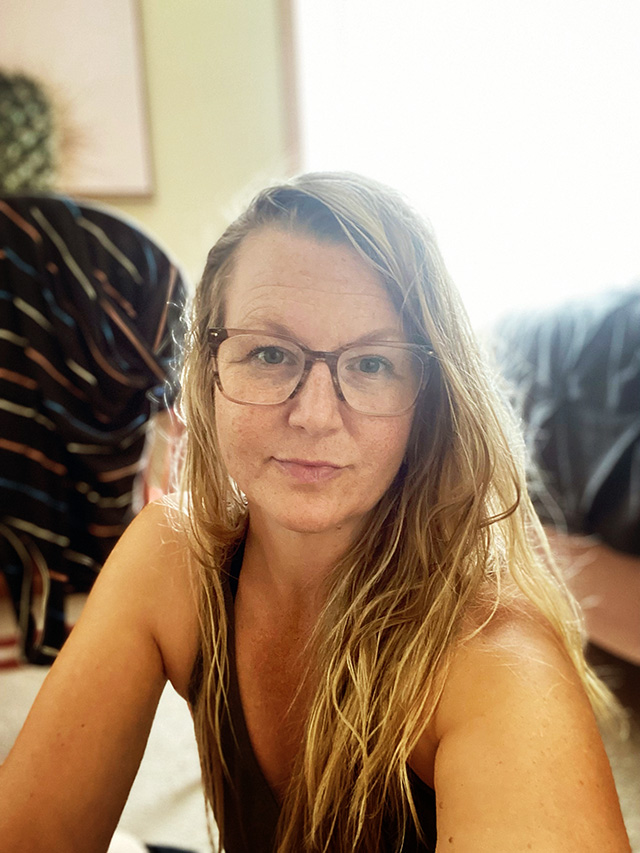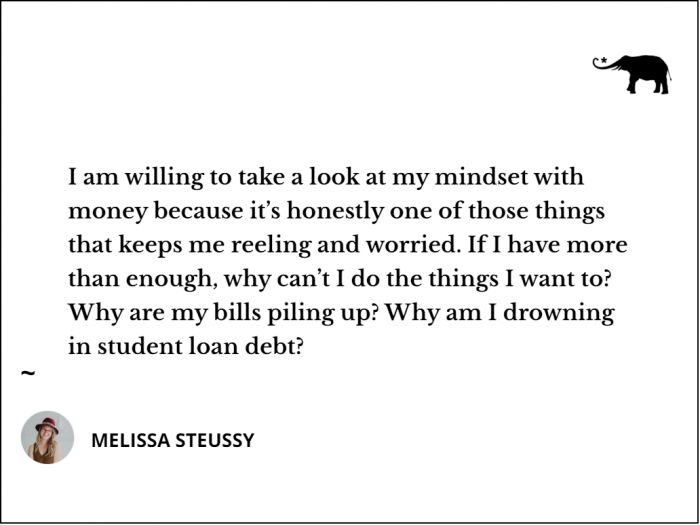
*A few necessary swear words ahead.
I need to go on a little tangent about the United States of America. It’s where I live, where I was born.
I woke up on a Sunday morning feeling heavy and down. Weighed down by the world, so to speak. When on the weekends in the past, I would pop up and head to the gym or on a walk, lately I have just wanted to hibernate. I’m too distracted and uncomfortable to mellow out and read a book, and am having a hard time focusing. I know a lot of people who binge TV and Netflix, but I’m not one of them.
Is this what re-entry feels like?
We had just a brief reprieve from COVID-19’s madness over the last year and a half, and now we’re being told to wear masks again and feeling defeated and scared once again—like, when will this end?
I was born to a single mother and lived on welfare for the first six years of my life, until the county gave my mom job training so she could learn a trade. This is all good, right…the American way.
While her new minimum wage job gave us money to pay our 60 dollar rent in a low-income apartment, it didn’t pay for much else. She had to leave early in the morning before I awoke and so my caretaking was left to random people who didn’t have my best interests in mind.
My mom kept that job for 25 years, never marrying and never making much more money. We went from low-income apartment to more of the same. My childhood trauma was mixed with the sound of the police coming by to break up fights. So you could say we were living an American Dream…or nightmare, as was my reality.
Now I try to raise my family while breaking the generational cycles of poverty and abuse, but what are we working against here?
You see, in America, we are told that if we drive a car we are rich. If we make more than 30,000 dollars a year, we are rich. Compared to the rest of the world, yes, maybe. But in America, the land of milk and honey, if we make 30,000 dollars and are trying to actually live a life or raise a family—we are dirt poor.
America, quit playing games and quit lying.
We know about the top one percent and we know we are the bottom 99 percent, most of us anyway.
I know I am being violated by my student loan interest and I know who that money goes to. Don’t pretend like they are or were ever trying to help me out. In the past 20-plus years, student loan interest has been a scam.
The American Dream is bullshit. The costs of things keep getting higher and we struggle in this rat race trying to make enough to survive.
Our parents’ generation (I’m Gen X) could work hard and afford to buy a home. Cars didn’t cost 30,000 dollars or more, they didn’t pay ridiculous amounts for health insurance or rent, and they weren’t inundated with ads 24/7 for things they “need” to be successful.
I live pretty simply. I don’t have cable; I just started paying for the internet when Covid came and I was working from home. I am fortunate to have a gym membership, a vehicle (nowhere near $30k), and a cellphone. I can usually afford to pay for fuel for my vehicle, and I choose to shop organic when I can.
So in those terms, I am rich, rich, rich. I like the sound of that.
But, here’s what a few quick Google searches say:
How much money do you need to live comfortably for the rest of your life?
“This popular general budgeting rule allocates 50% of annual income to necessities like housing, 30% to discretionary expenses like travel, and the remaining 20% to savings. The median necessary living wage across the entire U.S. is $67,690.”
How many people live paycheck-to-paycheck?
The majority of U.S. consumers do.
“According to the research, 54 percent of consumers in the U.S. (125 million U.S. adults) are living paycheck-to-paycheck, with 21 percent of this population struggling to pay their bills, meaning they have little or no money left over after spending their income.”
How much do I need to earn to afford housing?
“A full-time worker needs to earn an hourly wage of $24.90 on average to afford a modest, two-bedroom rental home in the U.S. Renters with the lowest incomes face the greatest challenge in finding affordable housing. The average minimum wage worker must work nearly 97 hours per week to afford a two-bedroom rental home or 79 hours per week to afford a one-bedroom rental home at the average fair market rent.
In no state can a person working full-time at the federal minimum wage afford a two-bedroom apartment at the Fair Market Rent.”
The above statistics are interesting to me and I would love to know how people are faring in the U.S., and other countries as well. I know talking about money is frowned upon, but I feel like it’s an uphill battle and I never hear anyone talking about it. We show our fancy trips on Instagram and our Starbucks cups, but tell me about your prudent reserve, your 401k, and your child’s college fund.
I can’t be the only one feeling like I’m drowning under the weight of my student loan and the pressures from society to get ahead and keep up.
Most people fall under the trap of the more they have, the more they spend. I know I am guilty of this.
So how do we live within our means and not let our means define us?
Personally, I am going to start treating money like something that doesn’t control me. I am going to say that I am not powerless over money and my income. I am powerful over money and my life is manageable.
I hope that will be the first step toward finding liberation and strength.
And then, I am going to admit complete defeat over my finances and let a higher power in.
There are multiple things we ask for guidance on, and then there are the things that we say, nope, that’s okay, I’ve got this. God doesn’t know how to handle my retirement account. But what if I surrender my finances to God? What if I put my hands up and off the money and say, “God, I know you have my best interest in mind. You’ve got this. I surrender.”
I still have to pay my dang bills, but maybe money wouldn’t slip through my fingers so quickly if I wasn’t trying to control its outcome.
Maybe I wouldn’t spend so much if I knew God was in control of my finances.
Maybe I would see more opportunities to help others if God was in charge of my monetary life. Maybe I would see more ways I could give and help, versus holding on for dear life as it slips through my gripped fingers.
I could be one of those who gives more and takes less.
I could be one of those who is selfless versus selfish.
I could change the world with my money instead of hoarding it all for myself.
Because I live in America and I am rich, but don’t feel rich—so how can I change this?
Could I spend less? Could I make more? Could I save more? Could I give more?
I am willing to take a look at my mindset with money because it’s honestly one of those things that keeps me reeling and worried. If I have more than enough, why can’t I do the things I want to? Why are my bills piling up? Why am I drowning in student loan debt?
I invite abundance into my life and will choose to look at what I have instead of what I don’t have.
I will see where I can help others and create a life where I feel rich not monetarily per se, but inherently.
I will appreciate taking walks in nature and the simple things in life. For some reason, when we were on lockdown, I felt like I had more money (I know this is the opposite of many people), but I think it was because I wasn’t out spending it. Now with re-entry, the familiar feeling of doing more, spending more is back.
I would love to know how others feel here in the Good ol’ USA, and comparatively in other countries.
I am always blown away by how much we pay for health insurance, but how many of us feel like we can’t even go to the doctor because our deductibles are too high or we know we will be billed to death. So we pay all of this money monthly, but healthcare still feels out of reach.
I know other countries have different healthcare systems and I wonder how they compare.
In many countries, college is a right, not a privilege. Healthcare should be a right, not a privilege, too.
What can we learn from these other places?
Thanks for engaging with me.
I am fully surrendering to what is.
I am giving up all control.
~


 Share on bsky
Share on bsky





Read 38 comments and reply